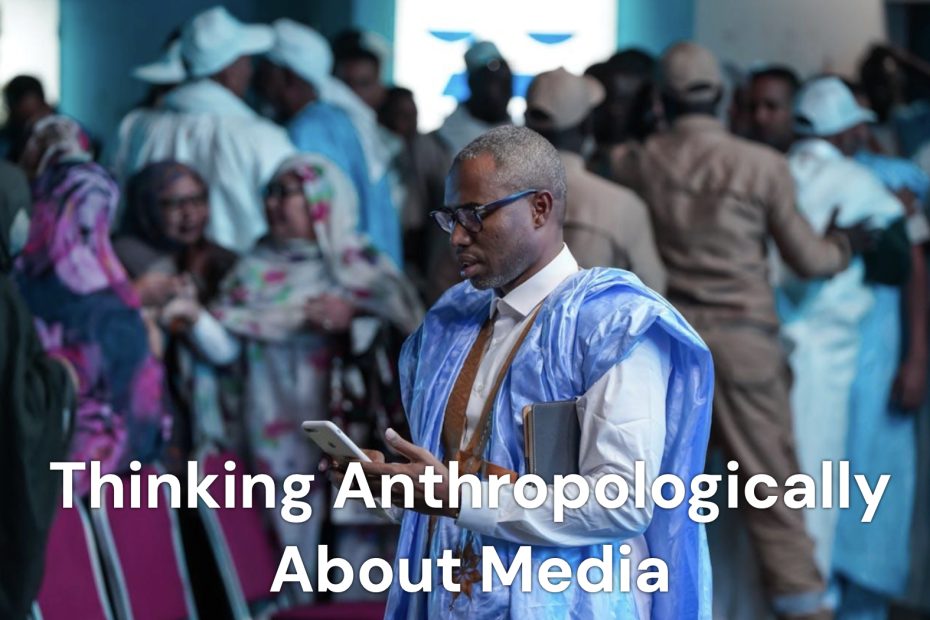To attend the session on this subject go to https://emdc.online/list
or if you miss the session, the video of the emdc online session may be found here https://emdc.online/archive/687

Unaddressed trauma creates barriers to hearing, understanding, and accepting the love of God. In other words, trauma can keep someone from truly hearing the gospel and creates barriers to spiritual growth. If we are concerned with sharing the gospel and planting healthy and reproducing churches, we must pay significant attention to trauma. We must equip and empower lay people with the basic tools they need to address trauma safely, responsibly, and effectively. As lay people learn to use these tools, healing multiplies alongside the Good News.
Healing cannot take place in 7 or 10 simple sessions – it is an on-going journey. From entry into a community to leadership development, it is important to help communities establish environments where healing community, faith, and purpose can flourish. Comprehensive frameworks that integrate a trauma-informed approach into church planting strategy provide structures that allow for lay people to be trained and for healing to happen over time appropriately, in a healthy way, and in a way that multiplies. A trauma-informed approach should take the following steps:
Read More »Unaddressed Trauma










